With last year’s undersea volcano injecting massive amounts of water high into the atmosphere, scientists were bracing for a big Antarctica ozone hole this fall. But it didn’t happen.
Instead this year’s ozone hole was about average size for the last 20 years, even a bit smaller than 2022’s, according to NASA and the National Oceanic and Atmospheric Administration.
From September to mid-October, the ozone hole this year averaged 8.9 million square miles, which is the 16th largest since satellites started tracking in 1979. It peaked this year at 10 million square miles, about the size of North America.

.png) 1 year ago
40
1 year ago
40



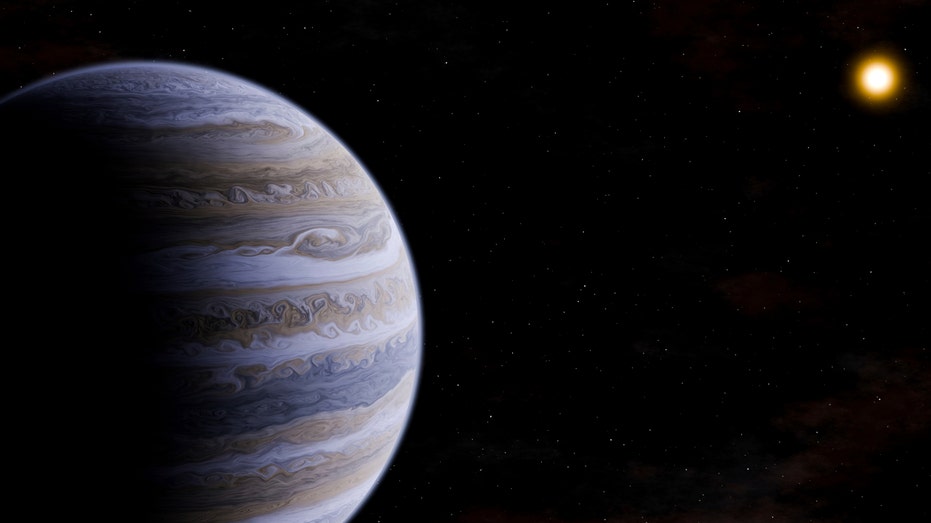
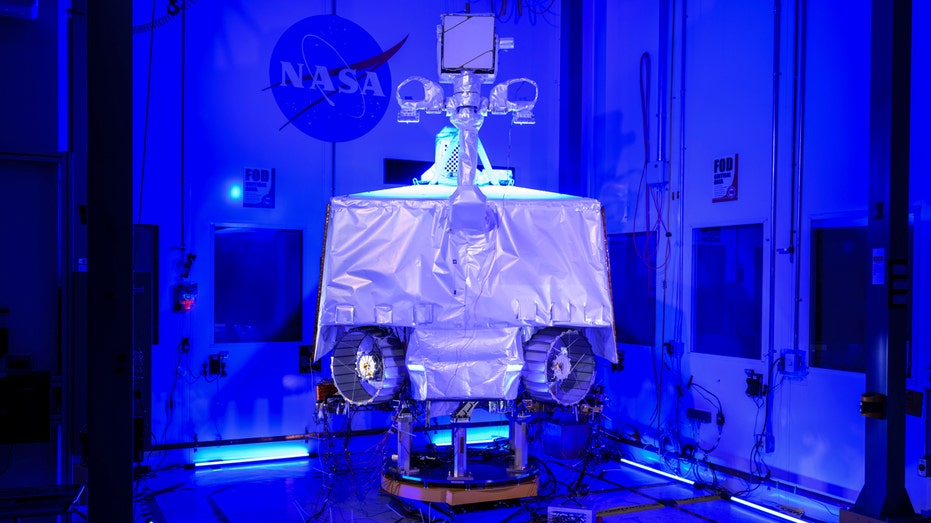




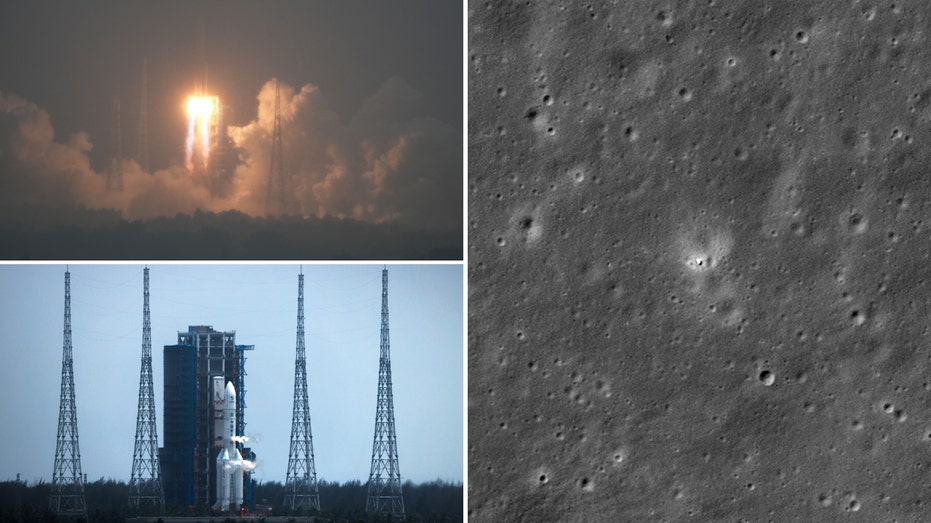

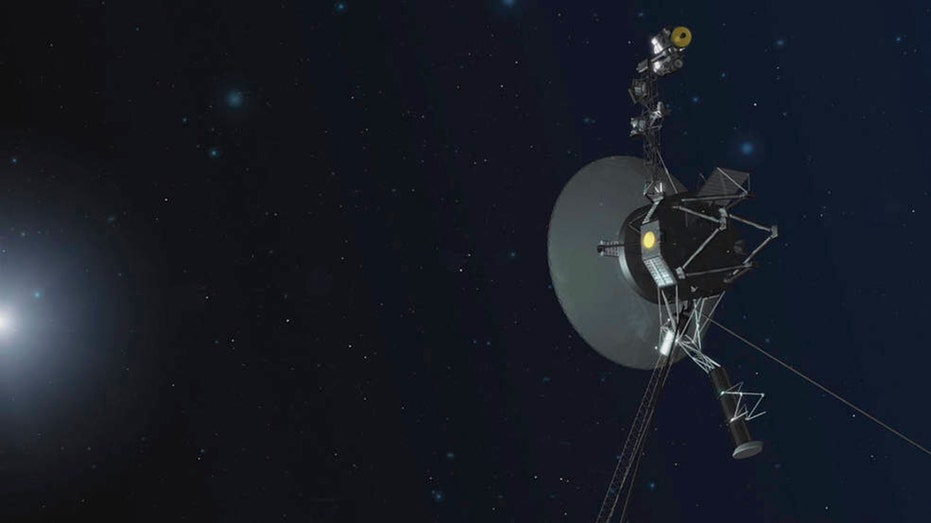
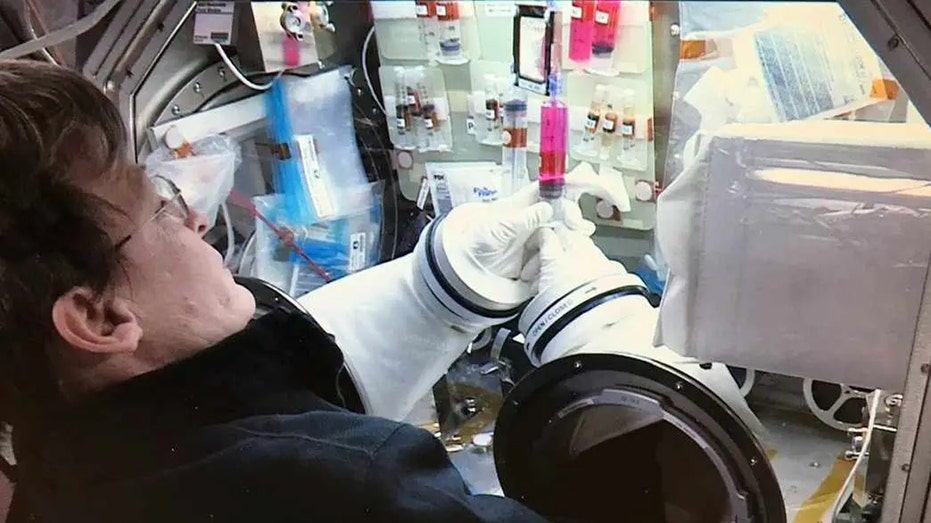

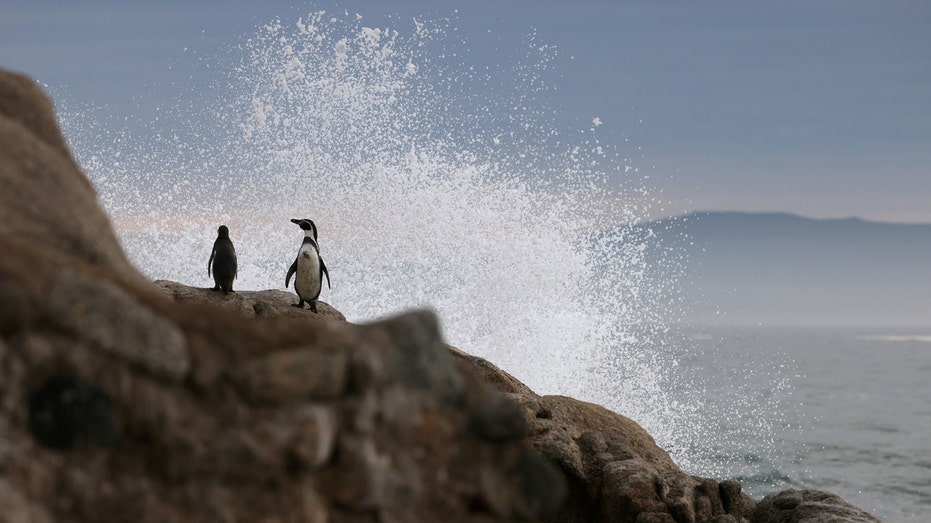





 English (US) ·
English (US) ·